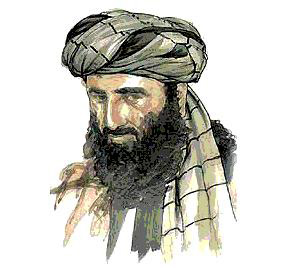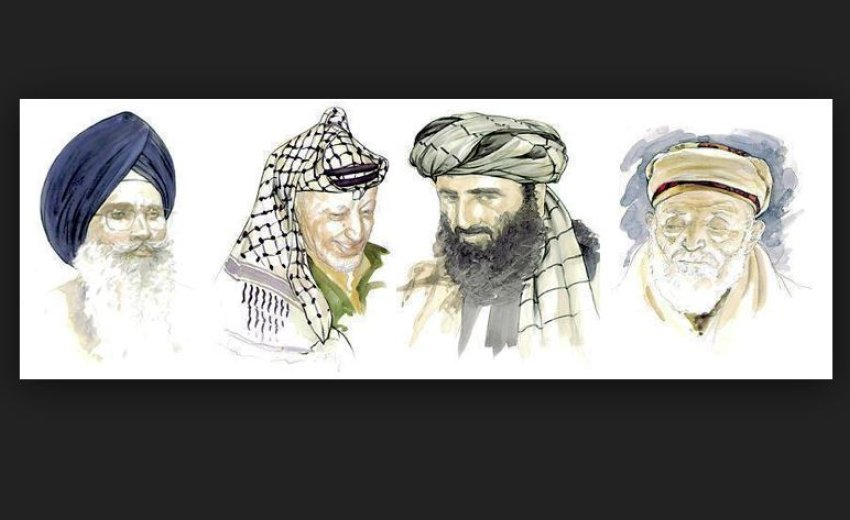 A Muslim-style turban is perceived as a threat, according to a new study, even by people who don't realize they hold the prejudice, dubbed "the turban effect" by researchers.
A Muslim-style turban is perceived as a threat, according to a new study, even by people who don't realize they hold the prejudice, dubbed "the turban effect" by researchers.
Research volunteers played a computer game that showed apartment balconies on which different figures appeared, some wearing Muslim-style turbans or hijabs and others bare-headed. They were told to shoot at the targets carrying guns and spare those who were unarmed, with points awarded accordingly.
People were much more likely to shoot Muslim-looking characters - men or women - even if they were carrying an innocent item instead of a weapon, the researchers found.
"Whether they're holding a steel coffee mug or a gun, people are just more likely to shoot at someone who is wearing a turban," says author Christian Unkelbach, a visiting scholar at Australia's University of New South Wales. "Just putting on this piece of clothing changes people's behaviour."
Unkelbach largely blames one-sided media portrayals for the bias.
The results would almost certainly be the same if this study was conducted in Canada, says Mohamed Elmasry, national president of the Canadian Islamic Congress.
"I'm hoping that Canadian Muslims one day become invisible," says Elmasry. "As such, Canadians will treat them like any others."
Islamophobia - "latent" before 9/11 - is on the rise, he says, but there is very little research on the issue in Canada.
The new study "does confirm our biggest fear that there is discrimination and prejudice within our society, and unfortunately people don't recognize it or don't admit it," says Salam Elmenyawi, president of the Muslim Council of Montreal.
"Sometimes they really don't know that it does exist."
Beyond a turban or hijab, someone's name, skin colour or a long beard may also identify them as a Muslim and make them a target of prejudice, he says. Elmenyawi wears a head-covering and long beard and says he struggles between recognizing that negative stereotypes exist and not becoming "paranoid" that he might fall prey to them.
In fact, the Australian study, which will be published in an upcoming issue of the Journal of Experimental Social Psychology, confirmed that people don't even realize they hold these biased views. When the true intention of the experiment was revealed, Unkelbach says participants insisted they were not prejudiced and must have reacted differently from everyone else.
"The most common response was, 'I'm sure I didn't show that effect,'" he says. "They're uncomfortable and I believe them - people are not doing this willingly. If they could, they would control that. Here, people are almost the victims of what they are fed by their environment."
A quick sampling of news items related to Muslims and the Middle East confirmed this, he says, with a focus on violence and terrorism almost obliterating more balanced stories about the culture and people.
"If everything about Middle Easterners is associated with terrorism, people tend to form stereotypes in their head," confirms Rima Wilkes, a sociology professor studying media at the University of British Columbia.
Even fictional media feed these biases, she says. One study showed that movies tend to feature "socially acceptable" villain stereotypes that have evolved over time, from evil Germans in the post-war years to vaguely Muslim bad guys more recently. Even swarthy, pixelated video game adversaries send the message that "ethnic others are bad," Wilkes says.
Shannon Proudfoot
Canwest News Service
